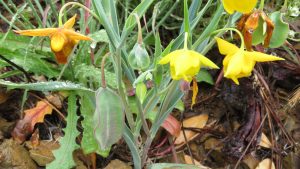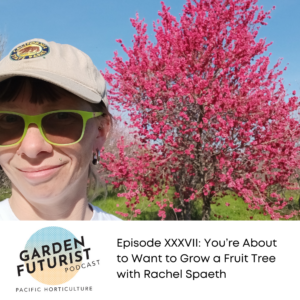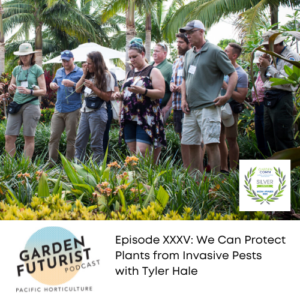

Contributor
- Topics: Archive, Nature is Good For You
Early in his book, Thomas Leo Ogren points out that allergies in the United States have greatly increased over the last sixty years and are increasing at a rate of 2 to 3 percent each year. Less than 5 percent of the U.S. population had allergies in the 1950s, while 38 percent had allergies by 1999. Ogren draws an association between these figures and changes in commercial horticulture that began in the 1940s when the USDA recommended growing male plants from cuttings, grafts, and other forms of vegetative reproduction in order to reduce the litter of seeds and fruit falling on public sidewalks. According to Ogren, in the 60s and 70s, when Dutch elm disease wiped out American elms in many cities and towns, the replacement of these iconic street trees was done using male clones on a massive scale. And the trend continues today. The unintended consequence of planting so many male trees is an overabundance of pollen with few female trees to absorb it from the environment. Many other changes have taken place in the environment over the last 60 years, and while the association posited by Ogren is compelling, it is difficult to draw a direct cause and effect from such data. The good news...
READ THE WHOLE STORY
Join now to access new headline articles, archives back to 1977, and so much more.
Enjoy this article for FREE:
Articles: Calochortophilia: A Californian’s Love Affair with a Genus by Katherine Renz
If you are already a member, please log in using the form below.
Share:
Social Media
Garden Futurist Podcast
Most Popular
Videos
Topics
Related Posts
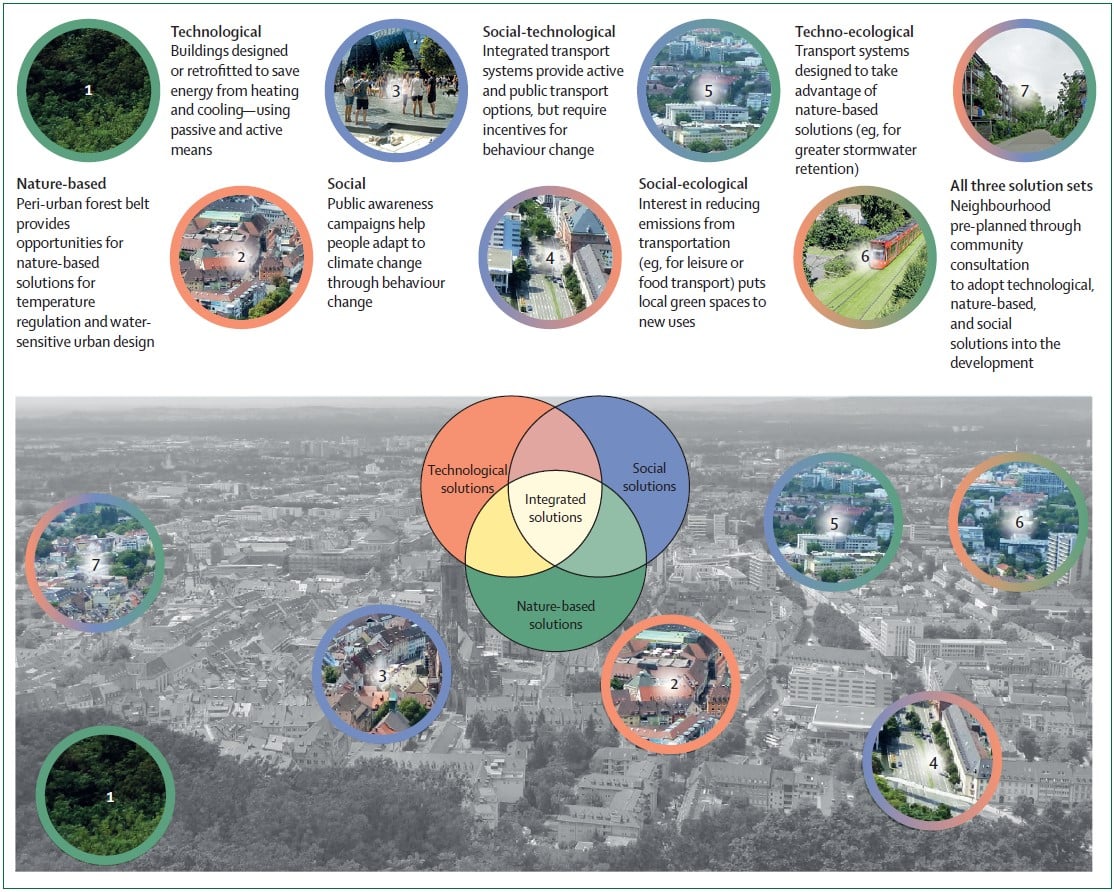
Ground Up Science for Greener Cities with Garden Futurist Dr. Alessandro Ossola
Spring 2023 Listen to the Podcast here. Alessandro Ossola is a scientist who gets very excited about the challenge of climate change allowing for an
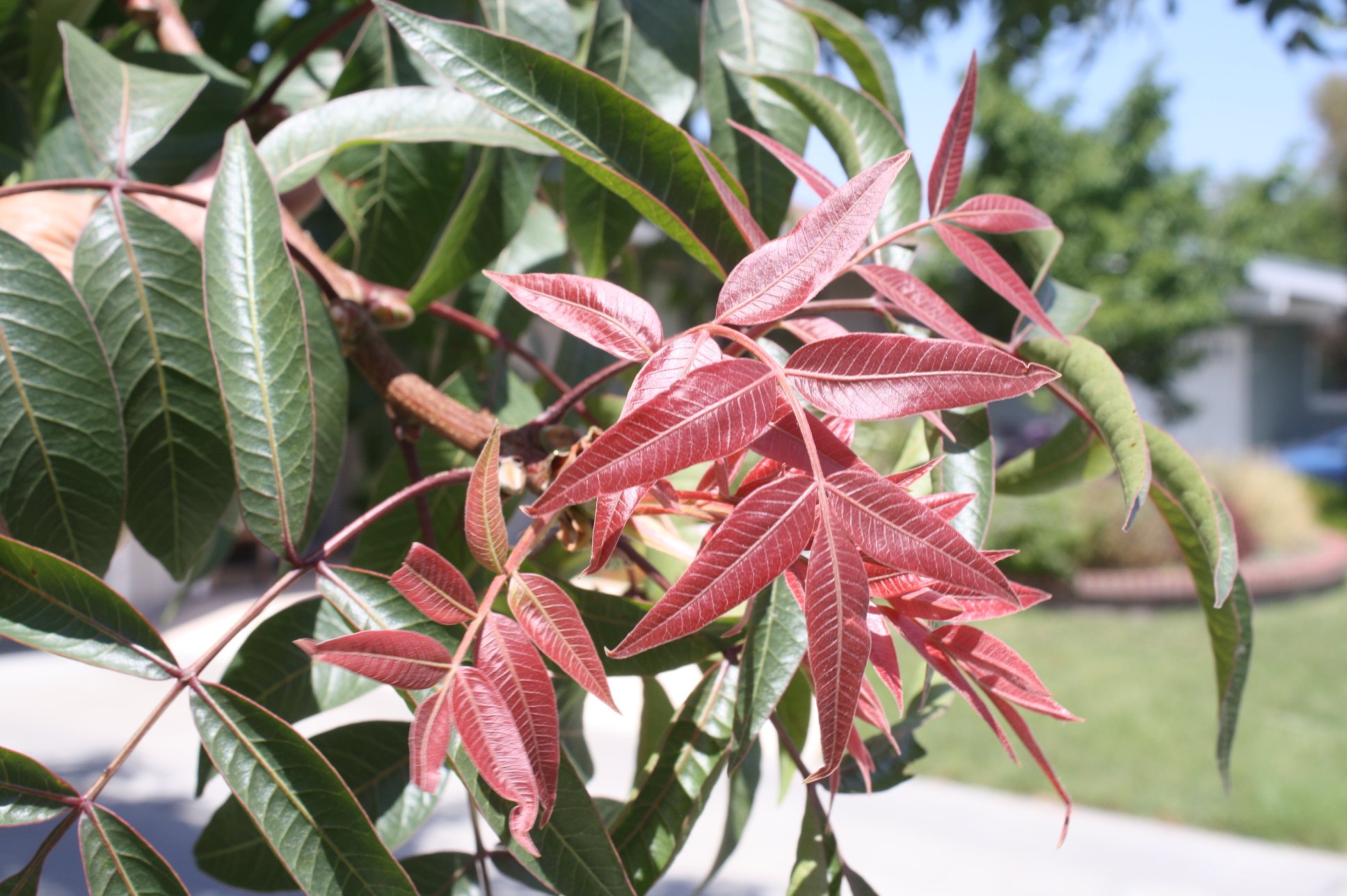
Readying Urban Forests for Climate Realities with Garden Futurist Dr. Greg McPherson
Winter 2023 Listen to the Podcast here. “Going from the mow and blow to a more horticulturally knowledgeable approach to maintaining the landscape. And that
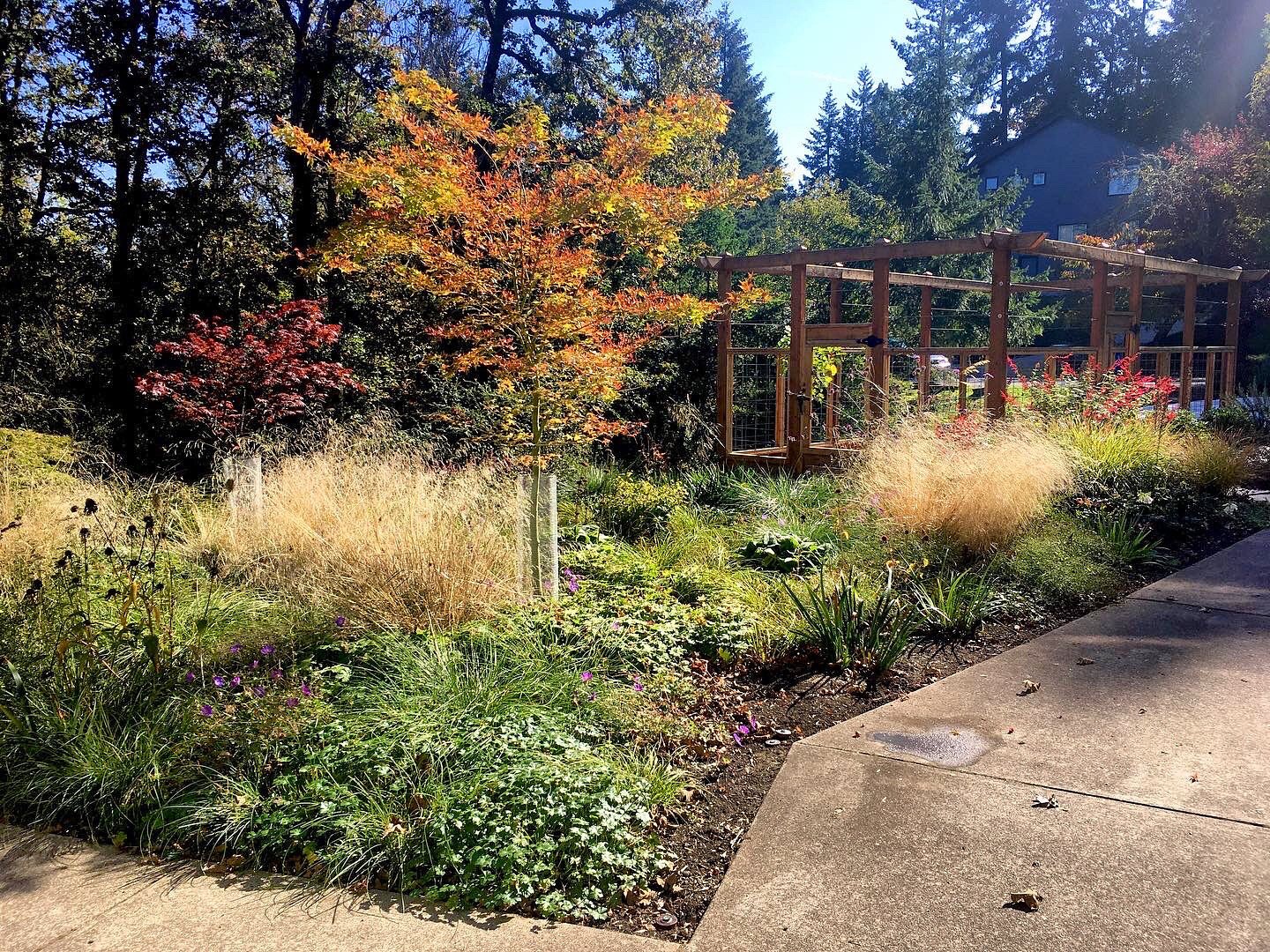
Low Maintenance Gardens – Better for Pollinators and People
Autumn 2022 “I come out every day. It’s therapy, my meditation.” Janet’s young garden transformed from overgrown, invasive plants to mostly natives. The dailiness of
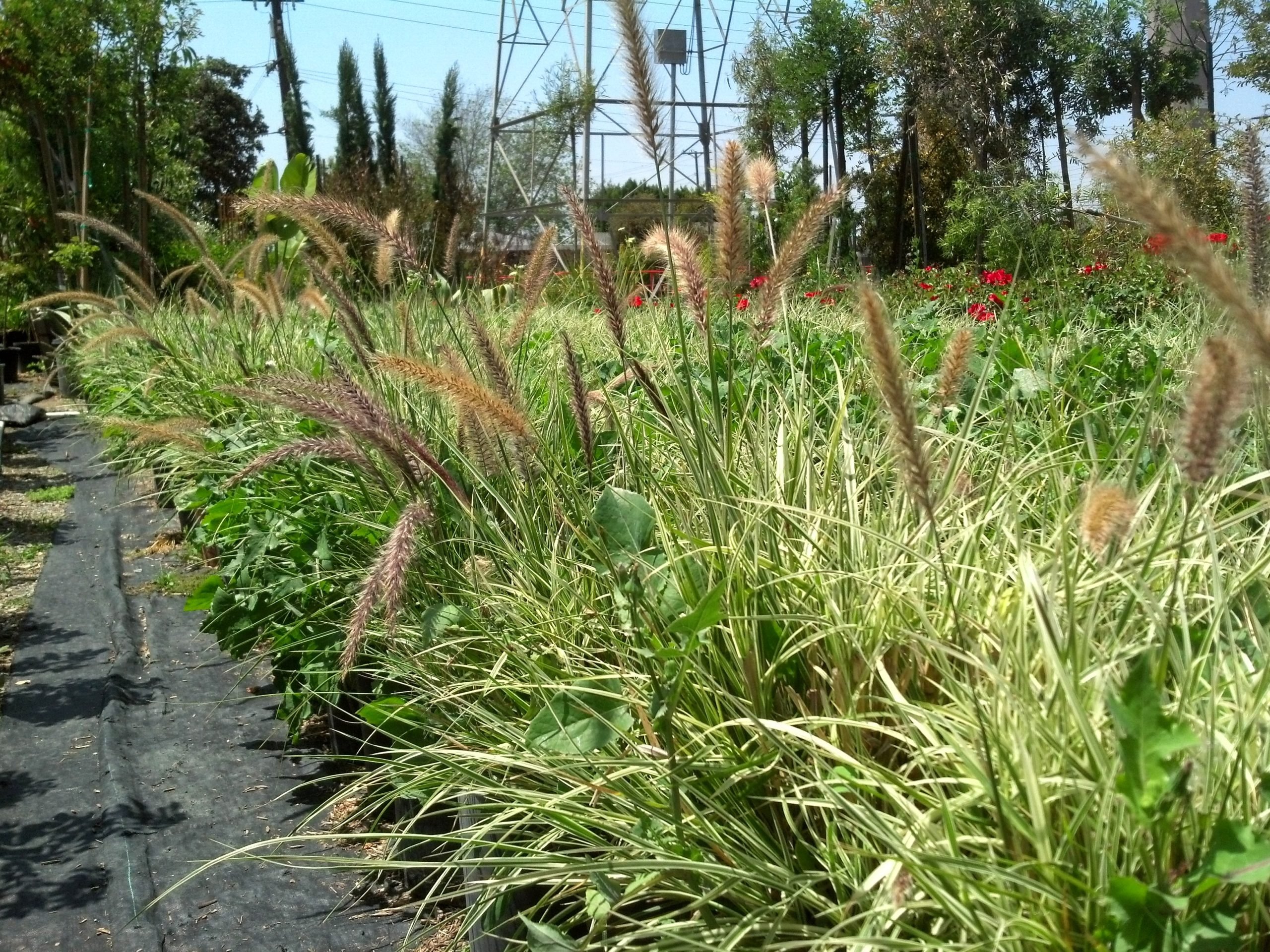
Invasive Plants Are Still Being Sold: Preventing Noxious Weeds in Your Landscape
Autumn 2022 With so many beautiful ornamental plant species and cultivars throughout California and the Pacific Northwest, how do you decide which ones to include

